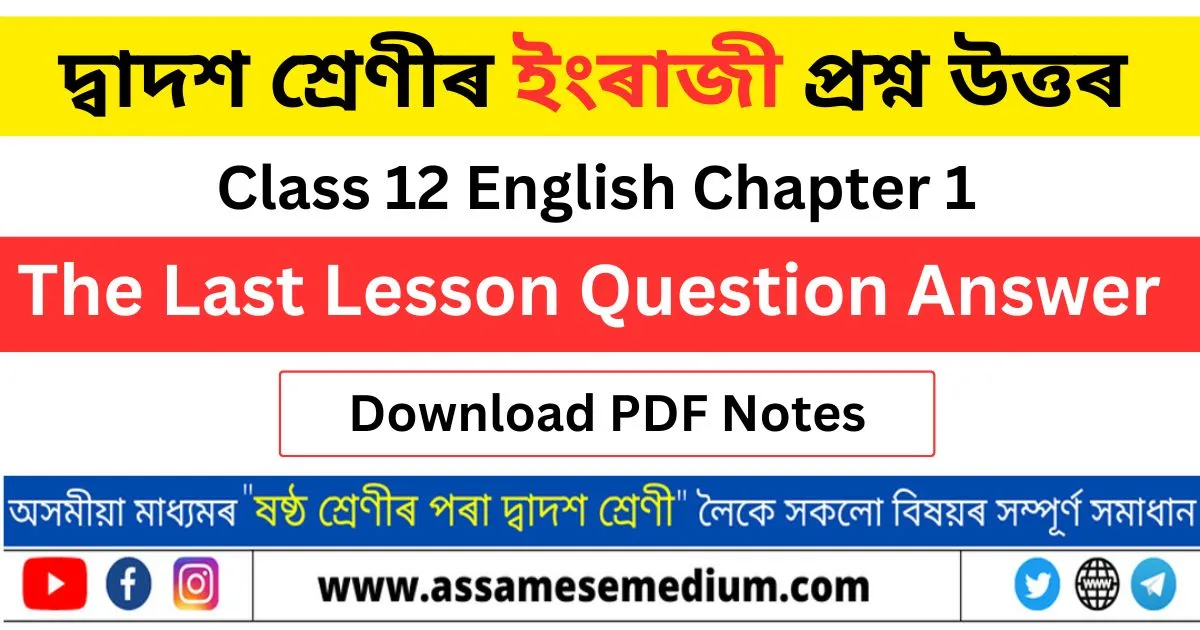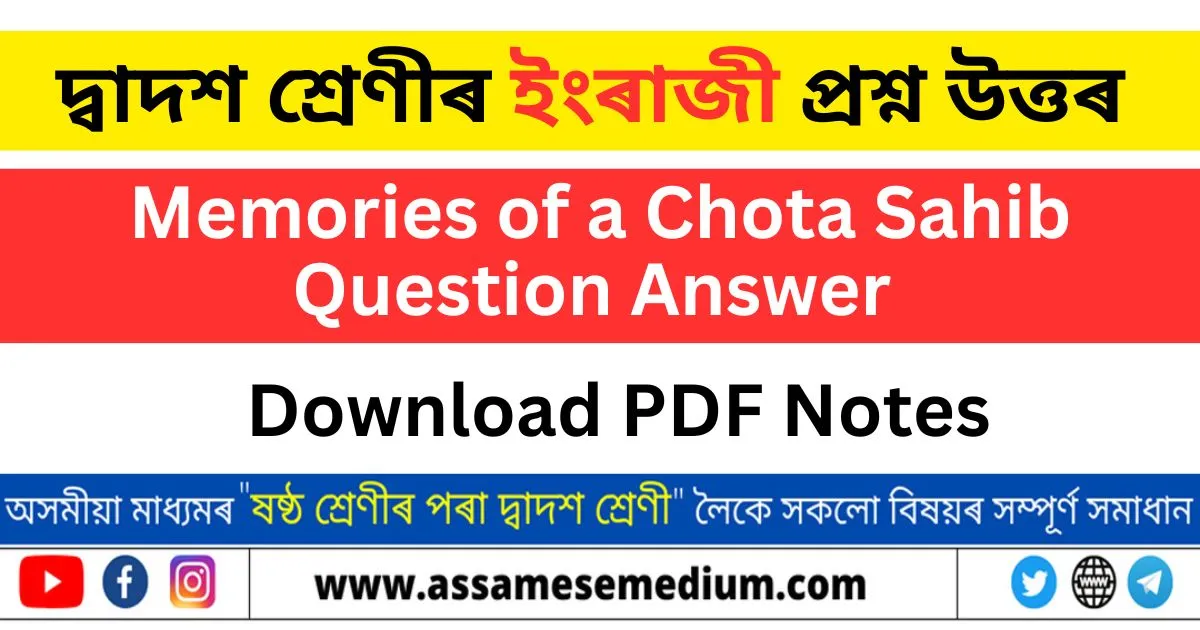Hey everyone! Welcome back to another important discussion on A Roadside Stand Question Answer Class 12 English for the upcoming HS Final Exam 2024 to secure 100% marks in the exam.
Here in this article on A Roadside Stand Question Answer, we have discussed all the textual question answers from chapter A Roadside Stand. Moreover, we have added the previous year’s question solution for you.
- You Can Also Read:

We have already mentioned many times that the summary of any chapter helps you to understand the basic parts that you can utilize to get 100% marks in the exam. So let’s get started.
A Roadside stand summary for Better Understanding
In this heartfelt poem, the poet gives voice to the struggles and unnoticed cries of rural communities, often overshadowed by their more fortunate urban counterparts. The narrative revolves around an ordinary farmer who constructs a vegetable stand outside his modest home, hoping to attract passing cars and sell his produce. Sadly, the bustling urban traffic remains oblivious to the stand’s desperate plea for financial support, despite the irony that the rural areas’ produce sustains the opulent lifestyles of the urban elite. The only response from the urban dwellers is disdain for the stand’s appearance, criticizing its paint and twisted signs.
The stand itself offers simple offerings: wooden containers filled with wild berries and locally cultivated vegetables, accompanied by the tranquillity of a picturesque mountain landscape. While the city dwellers possess the financial means to contribute, they choose selfishness and refuse to part with their money. Conversely, the roadside stands merely seek a meagre sustenance that could improve the villagers’ livelihoods, yearning for the assistance promised to them in political manifestos.
However, instead of addressing the pressing issues faced by the rural poor, they are provided with distractions in the form of a theatre and a store. These distractions, presented as beneficial gestures, actually divert their attention away from the profound challenges they face. The urban dwellers, portrayed as selfish benefactors, exploit the villagers’ lives for personal gain, swarming like flies and cheating them for their own selfish interests. They teach the villagers to be complacent and lull them into a state of indifference, ultimately robbing them of their peace of mind.
The poet, profoundly moved by the villagers’ miserable plight, observes their naive hope that even a single person among the countless selfish individuals in passing cars would pause if only to inquire about the farm product prices. The poet passionately advocates for their cause, believing that the country’s material progress cannot truly uplift its people as long as these marginalized masses continue to live in substandard conditions. The poet yearns for their liberation from suffering but acknowledges the complexity of the task at hand. In the closing lines, the poet wonders if there could be someone capable of providing relief and putting an end to the anguish experienced while witnessing the plight of these rural communities.
A Roadside Stand Question Answer HS Final Exam 2024
1. The city folk who drove through the countryside hardly paid any heed to the roadside stand or to the people who ran it. If at all they did, it was to complain. Which lines bring this out? What was their complaint about?
Ans: The Complaint of the city folk who drove through the countryside was that the artless & clumsy paint painted on the roadside stand had spoiled the landscape. They were also irritated at the part where the letter ‘N’ and ‘S’ turned wrong.
2. What was the plea of the folk who had put up the roadside stand?
Ans: The folk who had put up the roadside stand pleaded pathetically for some money or ready cash for their survival. Money city-dwellers passed through the road and the folk expected them to stop there for buying their goods.
3. The government and other social service agencies appear to help the poor rural people but actually do them no good. Pick out the words and phrases that the poet uses to show their double standards.
Ans: The two phrases that the poet uses to show their double standards and the social service agencies are
(i) Greedy good-doers.
(ii) Beneficial beast of prey.
4. What is the ‘childish longing that the poet refers to? Why is it ‘vain’?
Ans: The poet has a childish longing that he could hardly bear the pain of the farmer and wants to put the all poor people out of their pain in one stroke. This longing of the poet is in vain because it is never possible for him to help all the poor people out of their pain.
5. Which lines tell us about the insufferable pain that the poet feels at the thought of the plight of the rural poor?
Ans: “Sometimes I feel myself I can hardly bear
The thought of so much childish longing in vain,
The sadness that lurks near the open window there,
That waits all day in almost open prayer”
Previous Years Questions [2012-2022]
1. What is in the ‘news’ as mentioned in ‘A Roadside Stand’? (2015, 20)
Ans: It was in the news that the innocent rural flok would be brought out with all their belonging and settled in villages. They won’t have to think for themselves anymore as the so-called ‘good-doers’ will take care of them.
2. Why do the people who are running the roadside stand ‘ask for some city money’? (2015)
Ans: The people who are running the roadside stand ask for some city money to bring some changes and prosperity to their lives.
3. ‘Of the thousand selfish cars’ some stop there but not for buying something. Why do they stop there at all? (2016)
Ans: Contrary to the expectations of the poor farmers’ cars never stop by their roadside stands. If sometimes they do at all, it is only to use the yard to back and to turn round the car. Sometimes cars stop only to ask their way ahead or to ask for a gallon of gas(petrol).
4. Who will soothe the rural poor out of their wits and how? (2016)
Ans: Some cunning and selfish city people will soothe the rural poor out of their wits. They will swarm over their lives and earn money by befooling them. They are cruel like flesh-eating wild animals and destroy the peace and sleep of the innocent rural folk.
5. What is being sold at the Roadside stand? (2017, 12)
Ans: Wild berril̥s and crook-necked squash and other products are sold on the roadside stand.
6. What is the ‘childish longing that the poet refers to? Why is it ‘vain’? (2017, 12)
Ans: The poet has a childish longing that he could hardly bear the pain of the farmer and wants to put the all poor people out of their pain in one stroke. This longing of the poet is in vain because it is never possible for him to help all the poor people out of their pain.
7. Who referred to as the ‘flower of cities’ in ‘A Roadside Stand’? (2018)
Ans: The best thing about the cities is referred to as ‘the flower of cities’.
8. Which things irritated the passers-by who stooped at the roadside stand? (2018, 12)
Ans: The passers-by who stooped at the roadside stand was irritated at the part where the letter ‘N’ and ‘S’ turned wrong.
9. How did the travellers on the highways react to the roadside stand? (2019)
Ans: The travellers on the highway reacted very strangely to the roadside stand. They didn’t even stop and bought any goods from the poor people. If any traveller would stop there, it is only for the turn round the car or to ask ahead direction or ask for petrol.
10. What is the word ‘Pathetic’ used for the roadside stand? (2013)
Ans: The word ‘Pathetic’ is used for the roadside stand because it is totally unattractive and has no appeal to passers-by.



